2024-2026 Board Nominees
Presented by the 2023-2025 Nominating Committee: Jean Alliman, Chair (Spokane), Linda Benson (Clallam), Dee Ann Finken (Clark County), Shelley Kneip (Thurston County), and Julie Sarkissian (Seattle-King County).
 Officers
Officers
- 1st Vice President: Cynthia Stewart, LWV Tacoma-Pierce County and Thurston County
- C4 Treasurer: Dee Ann Kline Parkinson, LWV Mason County
Directors
- Director: Shelley Kneip, LVW Thurston County
- Director: Nancy Halvorson, LWV Clark County
- Director: Beth Pellicciotti, LWV Spokane Area
- Director: Aly Welch, LWV Pullman Area
Bios
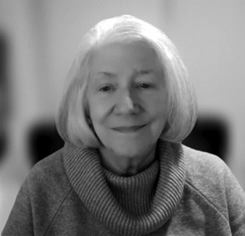
First Vice President: Cynthia Stewart, Tacoma-Pierce County and Thurston County
League Experience: Currently completing third term as President of Tacoma-Pierce County LWV and board member since 2014; two terms on LWVWA Board, 2013-2017, including one term as second Vice President; two terms as Board member of Thurston LWV. 13 years on LWVWA Lobby Team.
Work: Now retired. Worked approximately 30 years in public sector at State of WA, King County and Thurston County as policy analyst and manager. Also served as managing partner of a company providing mediation and group facilitation services. Serve on boards of two other non-profit organizations.
Personal: Married, three children, four grandchildren.
I rejoined League after retirement because I had enjoyed it so much 30 years earlier as a young stay-at-home mother. I thrive on the issues that League works on, its commitment to democracy, and the many friendships I’ve developed over many years in League through working on projects together.
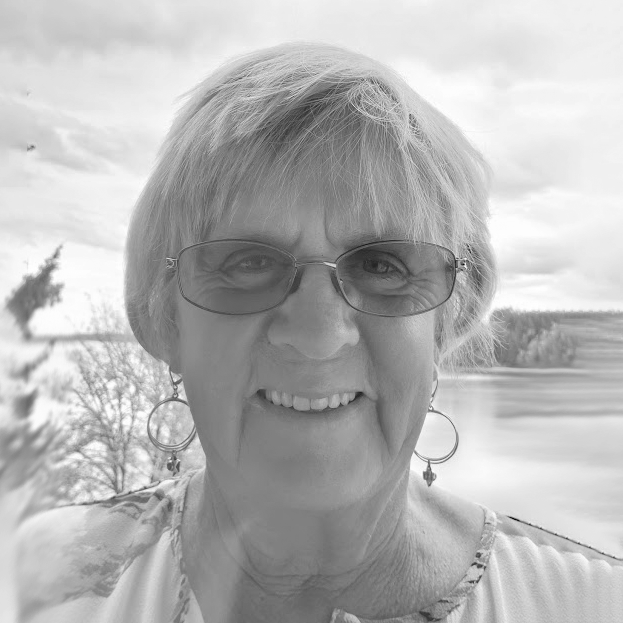
C4 Treasurer: Dee Ann Kline, Mason County
I am the current Treasurer of the LWVWA. I was elected at the 2021 Convention. I serve on the Investment Committee, 2022 Council Committee and am the Board liaison to the Responsible Journalism Study. In Mason County, I am a member of the 4-person Leadership Team, the Voter Services Chairman, Newsletter Editor and I keep our website updated.
Work/Volunteer Life: I am retired from a career in Medical (Laboratory) Technology, with the last 25 years spent in management. I am active in the outdoors as a member of the Olympia Chapter of the Mountaineers and a Mount St. Helen Institute Volunteer. As a Master Gardener, particularly enjoy working in our Food Bank Garden. I have served on two different school boards.
I initially joined the LWV as a way to become politically active without being involved with a political party. I continue to learn from League members around the state and am in awe of the work they do in their communities and at the state level to champion democratic principles.
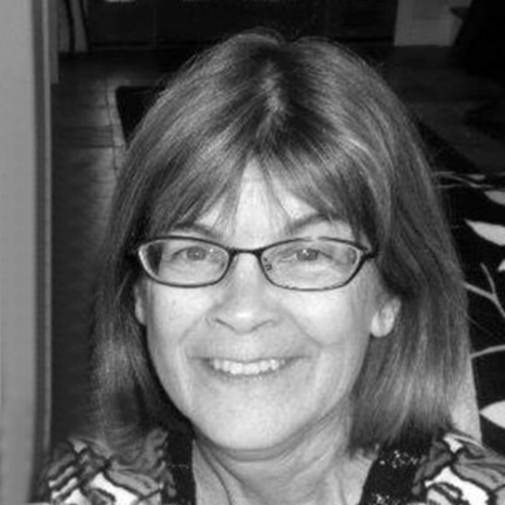
Director: Shelley Kneip, Thurston
Shelley has been a League member since 2008. She has been a Board member of both the Kitsap and Thurston Leagues. Shelley has been active in a wide variety of League activities at both the local and state levels, including candidate forums, working on the state debates. state and local studies and serving on various committees.
Work/Volunteer Life: Shelley is a retired attorney, with experience in municipal, land use and environmental law. She previously held positions on several local nonprofit boards.
Personal: Shelley resides in Lacey with her husband and two dogs.
I believe strongly in the League’s work, educating voters and studying and taking positions on difficult issues. One thing I love about the League is that I am continually learning. We have an amazing group of members with a fierce dedication to defending democracy. I look forward to helping steer the League and assisting efforts in any way I can.
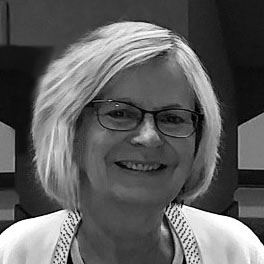
Director: Beth Pellicciotti, Spokane Area
Beth’s League experience includes being president of the LWV of the Spokane Area, (2019-2020), First Vice President of LWVWA (2023-present), a member of the LWVWA Nominating Committee (2021-2023), and Chair of the LWVWA Civic Education Committee. She currently leads Voter Services in partnership with three League members, scheduling presentations and facilitating sharing among League members. Her grant work with the LWVWA includes three LWVUS grants and a recent contract with the Office of the Superintendent of Public Instruction (Dual Languages).
Beth retired from her position as university administrator at Purdue University Northwest after 35 years of service. Her work involved student career development, enrollment management, strategic planning, and academic accreditation.
When I retired, I chose League work because of the importance of its mission of empowering voters and defending democracy. Being new to Spokane, I met many inspiring League members and learned about the community and the best ways to serve it through voter outreach, civic education, and advocacy. State League work has been a similar experience for me—meeting inspiring members and supporting the work of local Leagues statewide.
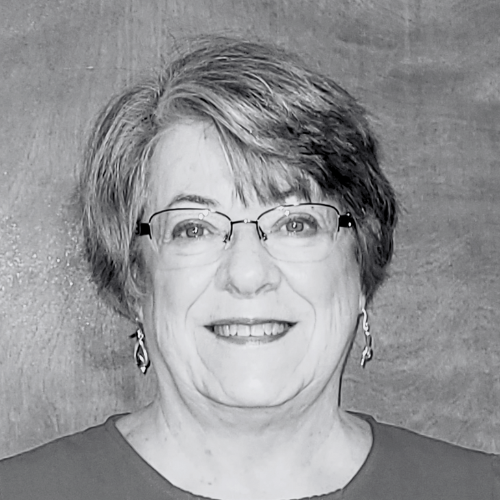
Director: Nancy Halvorson, Clark County
Nancy joined the Clark County League in 2017 and has served as the President, Co-President,Vice-President, Voter Services and Civics Chair and currently is the chair of the Observer Corps. Nonpartisanship, the Observer Corps, relationship-building, and education of the members and public drew her to the League. This flows right into her work with the MELD portfolio—Membership, Engagement, Leadership and Development.
Her background includes a lifetime of volunteering with civic and service organizations, 39 years in the financial services industry, and she is a fused glass artist. She lives in Vancouver, WA, with her husband and enjoys travels with their 2 grown children. Outside of glass, walking, and reading keep her energized.
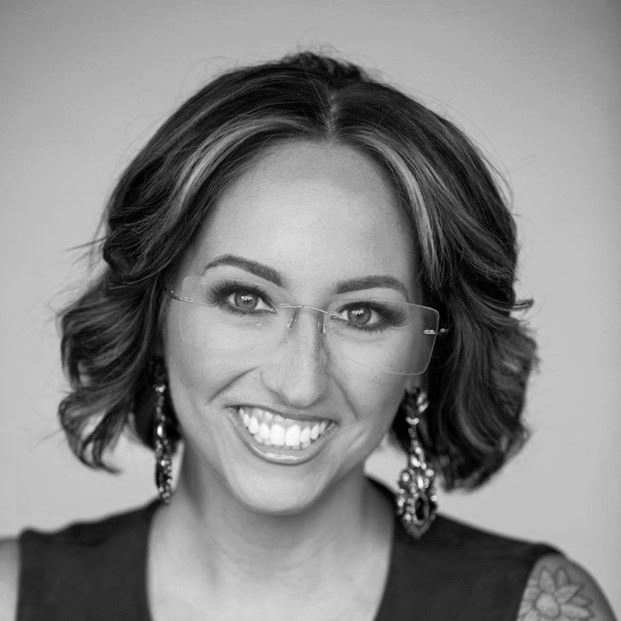
Director: Aly Welch, Pullman Area
Alyssa (Aly) Welch is the current President of the League of Women Voters of Pullman andWhitman County and has been an active member since 2020. She also serves as theCommunity Outreach Coordinator for the Pullman League’s Visual Arts Competition for students across Whitman County. Since 2020, Aly has volunteered over 450 hours in Washington, many of which have been with the League, the Pullman Police Advisory Committee, the Palouse Conservation District, and various scholarship pageants for women across the state. As a driven community member, Aly represented Washington at the National Sweetheart Pageant in September of 2023, where she was awarded a national Community Service Award for her work in her home state. In continuation of her volunteer work with the League of Women Voters, Aly hopes to be elected to a position with the Washington League and help pave the way for the future of the League and voters everywhere. As an experienced community leader, she plans to learn all she can about leadership within the League of Women Voters of Washington.
